Kazalo vsebine
Organiziranje vsebine v stolpce je zaradi bloka WordPress Columns enostavno. Ta blok spada med osnovne bloke, ki se lahko uporabljajo v vsaki temi WP. Blok Stolpci ima lahko do 6 stolpcev. Tako imate lahko 6 različnih vsebin drugo ob drugi. Danes bomo...
Danes vam bomo pokazali, kako narediti stolpce v WordPressu brez vtičnika - z uporabo bloka Stolpci. Prav tako vam prinašamo povzetek najnovejše funkcije iz različice WP 5.3 posodobitev.
V tem učbeniku boste našli informacije o:
- Kakšen je namen stolpcev
- Kako so stolpci delovali v starem urejevalniku
- Kako narediti stolpce v WordPressu brez vtičnika (v urejevalniku blokov)
- Osnovne nastavitve bloka Stolpci
- Kako delati z blokom Stolpci WordPress
- Kako urejati vgnezdene bloke
- Prednosti bloka stolpcev
Kakšen je namen stolpcev
Stolpci na spletnem mestu se lahko uporabljajo večkrat. Najprej lahko poskrbijo, da je vsebina dobro razporejena, bolj berljiva in lažja za brskanje. Z organizacijo vsebine v stolpce lahko poudarite pomembne informacije ali parametre.
Za predstavitev svojih storitev lahko na primer uporabite večstolpčno postavitev. Dodajte nazorno sliko, opis ali gumb. Seveda lahko sliko tudi kliknete.
Podobno kot pri storitvah lahko v WordPressu uporabite stolpce za prikaz izdelkov ali kategorij izdelkov. To je idealno, če imate preprosto poslovno spletno stran.
V prispevkih v blogih lahko uporabite stolpce za ločevanje vsebine. Besedilo, točke z alinejami ali slike lahko postavite drugo ob drugo.
Kako so stolpci delovali v starem urejevalniku
Če ste pred WordPressom 5+ želeli ustvariti vsebino z več stolpci, ste morali uporabiti tabele. To je bilo veliko težje kot v najnovejšem urejevalniku. Še več, običajno je bila težava s slogi in prikazom tabel na mobilnih napravah. Kako je to delovalo včasih?
Imeli ste več možnosti, kako ustvariti stolpce na spletnem mestu WordPress:
1. Ročno vstavite kodo HTML v urejevalnik besedila
<table>
<tr>
<td></td>
<td></td>
</tr>
</table>
Ta pristop so uporabljali predvsem razvijalci, ki so lahko hitro ustvarili tabelo ali stolpec na podlagi svojih zahtev. Slabost je bila, da vse teme WordPressa niso mogle dobro obdelati stolpcev. Tabele običajno niso bile popolne in povprečen uporabnik ni mogel enostavno rešiti vseh morebitnih težav.
2. Omogočanje tabel v urejevalniku WordPress
Ker WordPress uporablja urejevalnik TinyMCE, je bilo mogoče omogočiti funkcije za urejanje tabel. Če želite izvedeti več, lahko najdete vse podrobnosti v tem forumu. Če enako storite za naše teme AIT, bodo tabele delovale pravilno.
3. Uporaba elementa Columns v temah AIT
Če uporabljate eno od naših starejših tem za WordPress, zagotovo poznate element Stolpci. Ta element lahko uporabite za dodajanje stolpcev znotraj strani. Gre za element, ki ga je mogoče naročiti, kar pomeni, da ga lahko postavite, kamor koli ga potrebujete. Prednost je, da je znotraj strani spremenljiv.
4. Prenesite vtičnik tretje osebe za upravljanje tabel
Druga rešitev za izdelavo stolpcev v objavah in straneh WordPressa je prenos enega od razpoložljivih vtičnikov za ustvarjanje tabel. Ti vtičniki omogočajo dodajanje stolpcev/tabel z nekaj kliki brez kodiranja. To so lahko uporabljali tudi manj izkušeni uporabniki.
Kako narediti stolpce v WordPressu brez vtičnika (v urejevalniku blokov)
Z novim urejevalnikom blokov je ustvarjanje stolpcev postalo zelo enostavno. Če še vedno uporabljate stari WordPress, je zdaj pravi čas za posodobitev na najnovejšo različico. Stolpce boste lahko dodajali in upravljali preprosto, z nekaj kliki, z blokom Stolpci.
Ta blok je dobrodošla sprememba za vse, ki želijo delati z večstolpčno vsebino, predstavljati izdelke ali pisati blog in nimajo izkušenj s programiranjem.
Oglejmo si, kako dodati blok Stolpci in kako ustvariti stolpce v WordPressu brez vtičnika:
- Prva možnost je, da kliknete na "+" v zgornji vrstici in med razpoložljivimi bloki izberete blok Stolpci.
- Druga možnost je, da kjer koli v urejevalniku kliknete na "+".
Prednastavljene postavitve bloka Stolpci WordPress (NOVO iz WP 5.3)
Najnovejša različica je prinesla veliko izboljšav v nastavitvah stolpcev. Najprej so na voljo privzeti slogi postavitve. Kaj to pomeni?
Uporabniki lahko slog postavitve in poravnave izberejo med dodajanjem novega bloka v območje vsebine. Vnaprej določene postavitve so lahko zelo koristne - zlasti za tiste uporabnike, ki nimajo naprednega znanja WordPressa. Ta funkcija predstavlja, kako si predstavljamo način izdelave stolpcev v WordPressu (brez vtičnika ali drugega dodatka).
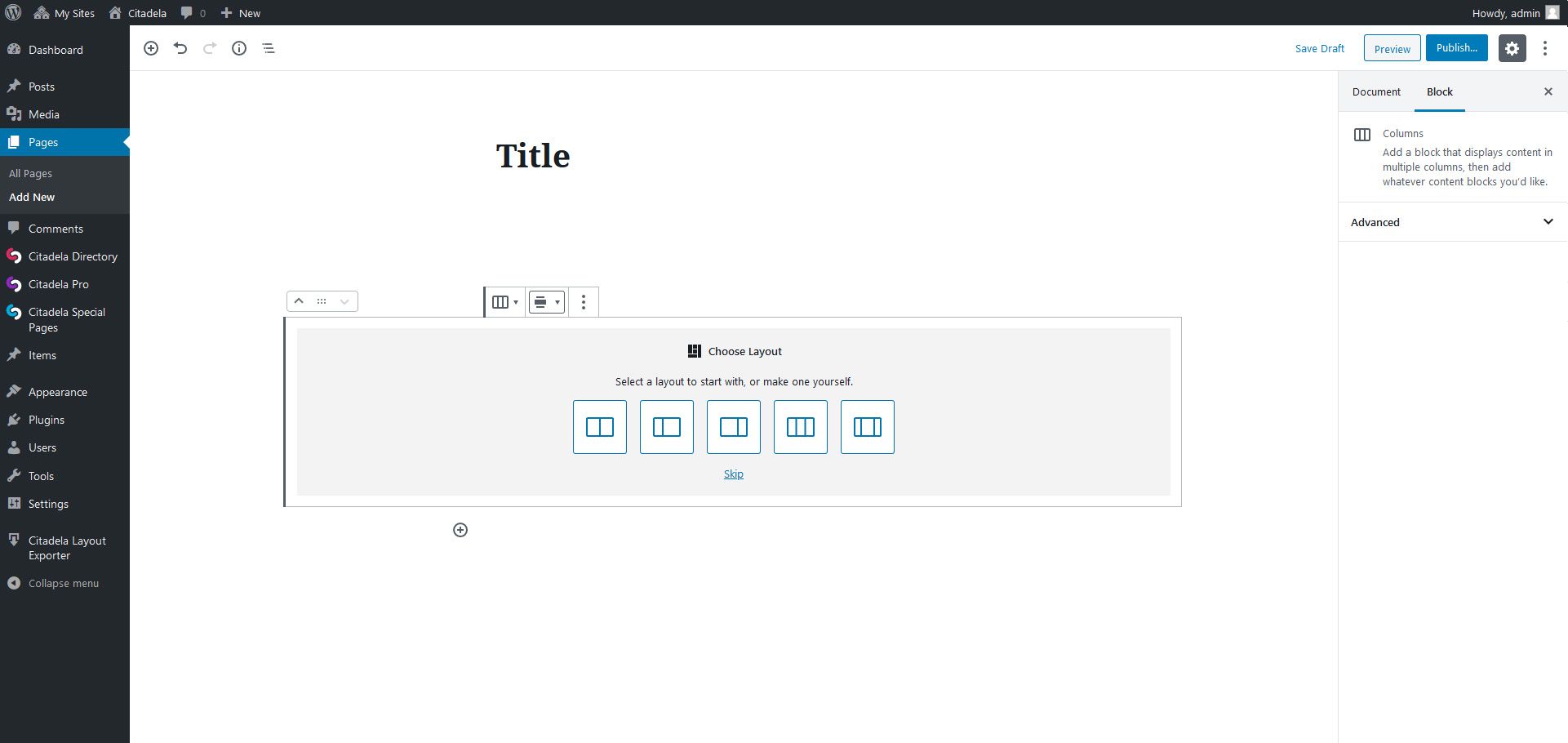
Če ne želite izbrati vnaprej določene postavitve v bloku Stolpci WordPress, ga preskočite. Ko preskočite ta korak, bo vsebina razdeljena na dva enaka dela/ dva posamezna stolpca, ki ju lahko urejate.
Osnovne nastavitve bloka stolpcev
Sam blok Stolpci WordPress nima veliko možnosti. Zakaj je tako, bomo razložili pozneje. V zgornji vrstici lahko spremenite poravnavo na široko ali po vsej širini. To poravnavo lahko spremenite, če jo podpira vaša aktivna tema.
Najpomembnejša nastavitev bloka Stolpci je število stolpcev v stranski vrstici inšpektorja na desni strani. Privzeto sta na voljo 2 stolpca, vendar lahko to število povečate na 6. Spremenite ga lahko z miško ali vnesete številko. Kako je videti, boste videli takoj po povečanju ali zmanjšanju stolpcev. Blok se dinamično spreminja glede na drsnik.
To je zelo praktično, saj število stolpcev spremenite dobesedno v nekaj sekundah, ne da bi morali zahtevno spreminjati nastavitve ali kodiranje.
Podobno kot pri drugih blokih v urejevalniku WordPress lahko tudi v blok Stolpci vstavite razred CSS po meri.
Pripomoček za bloke za lažje delo z bloki
Blok Stolpci je poseben, ker lahko z njim ustvarite več blokov. Do izida nove različice je bilo precej težko delati s posameznimi bloki. Ko ste želeli dodati kakšen blok, niste vedeli, kje točno naj kliknete. Zahvaljujoč prilagalniku blokov (in njegovemu razlikovanju po barvi ozadja) je lažje vstaviti vsebino v ustrezen stolpec.
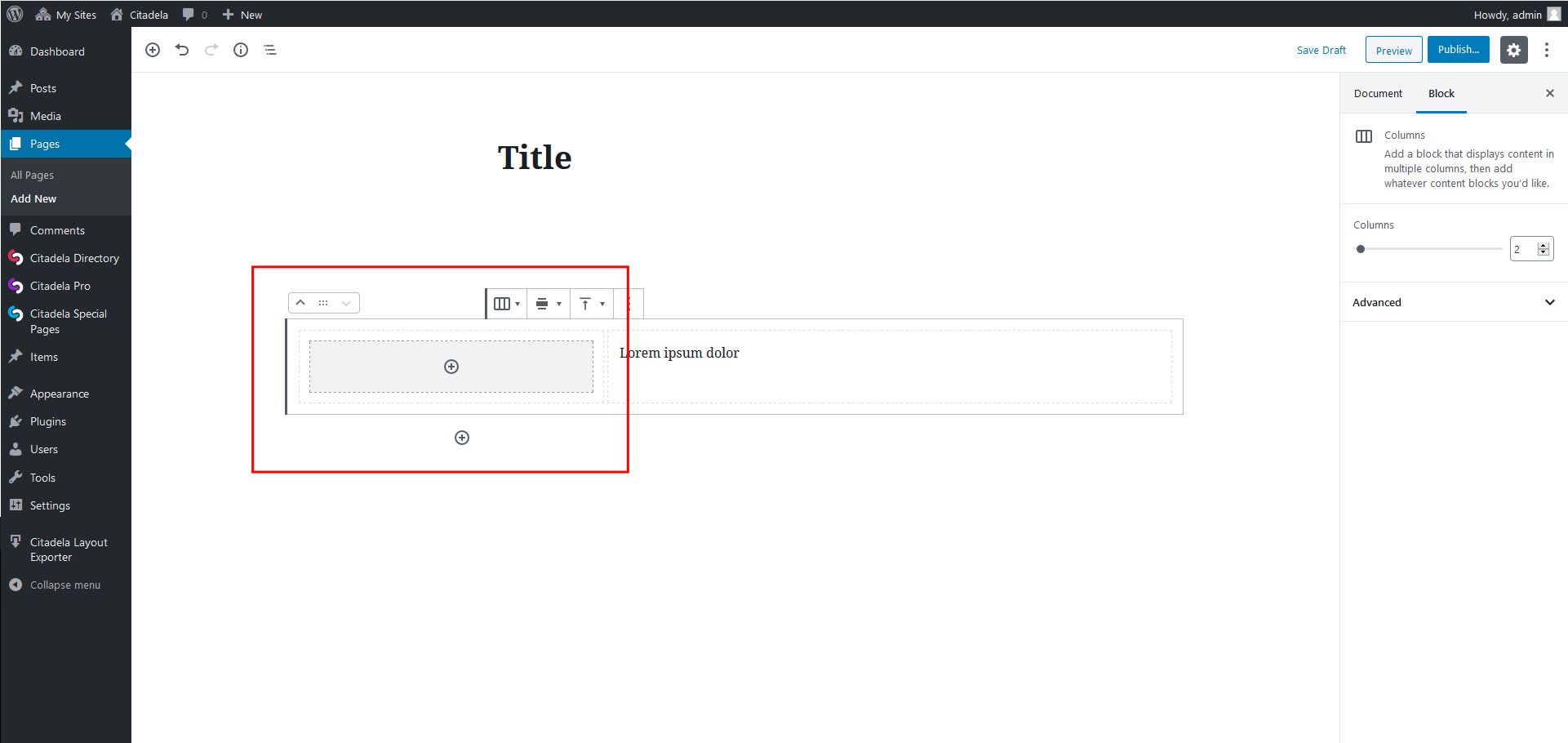
Kako delati z blokom stolpcev WordPress
Lepota bloka Stolpci je v tem, da lahko vsak stolpec gnezdi v drugih blokih. To je lahko odstavek, slikovni blok ali blok z gumbi. Največje število stolpcev je 6, zato lahko po potrebi ustvarite večstolpčno vsebino. Kot smo že omenili, lahko za predstavitev izdelkov dodate sliko izdelka, ime, ceno in gumb drug ob drugem.
Za ustvarjanje mreže lahko uporabite tudi več blokov stolpcev enega pod drugim. Uporabite jo lahko za predstavitev svojih storitev ali promocijo pomembnih funkcij.
Urejanje ugnezdenih blokov
Kot smo že omenili, lahko znotraj stolpcev gnezdite druge bloke. Vsak gnezdeni blok ima na voljo vse svoje nastavitve. To pomeni, da če blok Slika dodate v stolpec, ga lahko urejate na enak način kot v samostojnem bloku. Blok slik.
Zaključek: Prednosti bloka stolpcev
Sprostitev urejevalnika blokov WordPress in razpoložljivost uporabe stolpcev v straneh in objavah sta bistveno poenostavila način, kako lahko uporabniki delajo z vsebino. Zaradi bloka Stolpci v WordPressu ni več treba uporabljati rešitev tretjih oseb ali pisati kode HTML. Dodajanje ali brisanje stolpcev je mogoče z nekaj kliki. Vse je zelo intuitivno in hitro tudi za manj tehnično podkovane uporabnike.
Vaša vsebina v večstebrni postavitvi bo lepo poravnana v mrežo. Takoj bo videti dobro tudi v odzivni različici.
Trdo smo delali na novi temi Citadela WordPress, ki je posebej razvita za urejevalnik blokov WordPress. Preberite več o temi Citadela in razpoložljivih paketih postavitev.

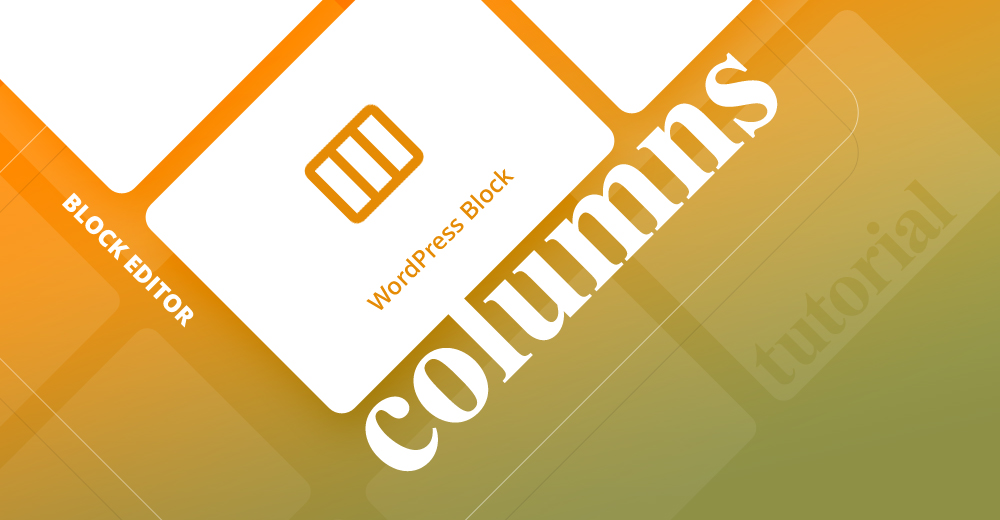
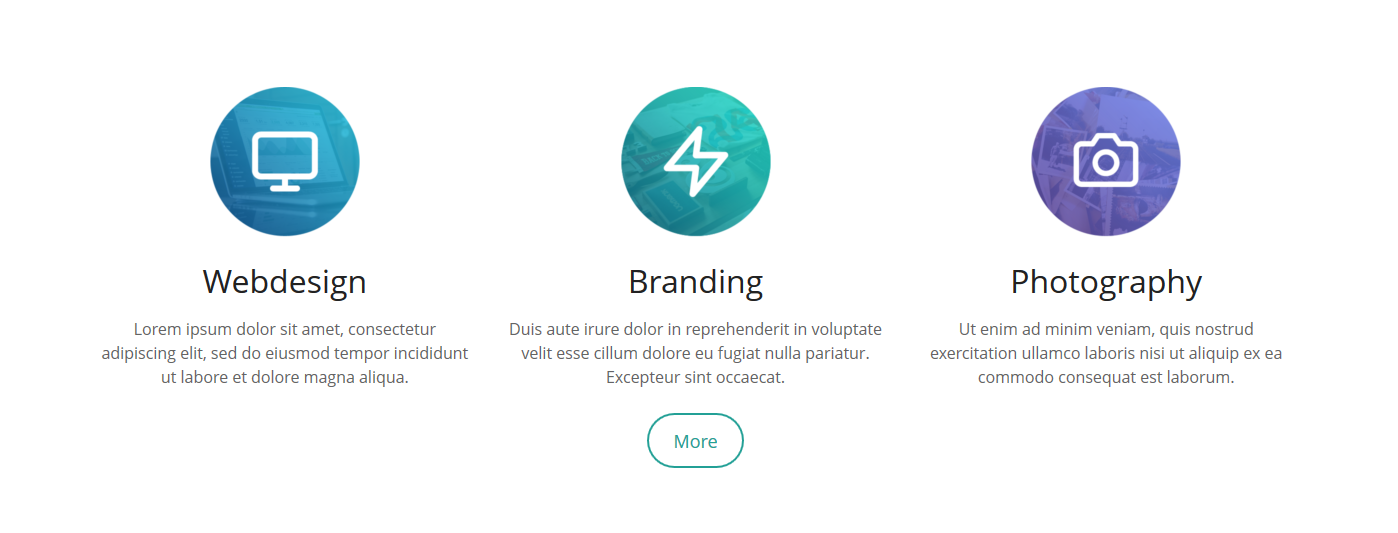

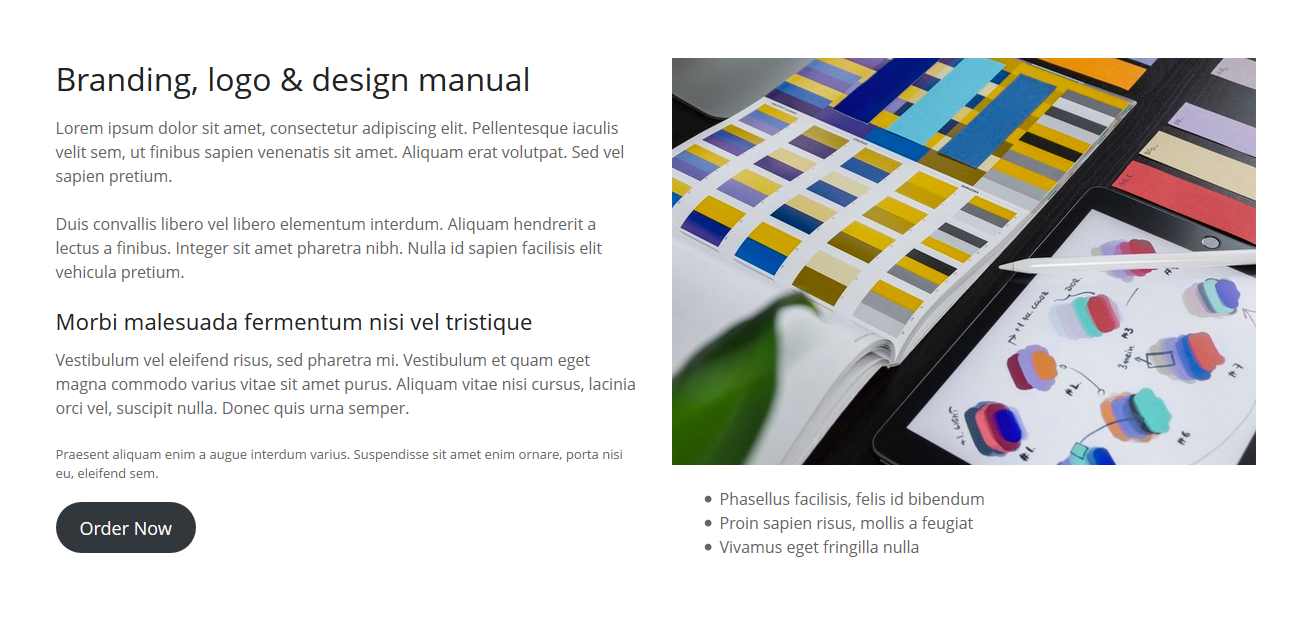

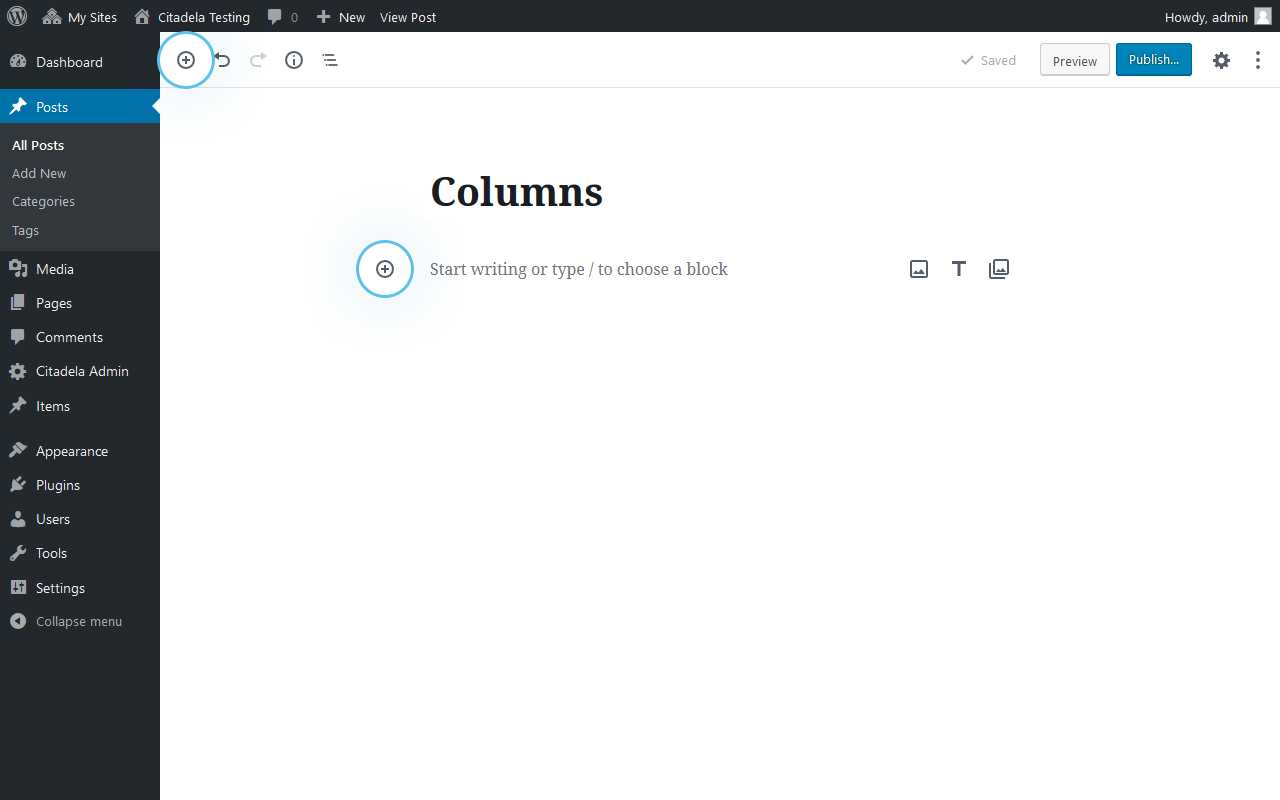
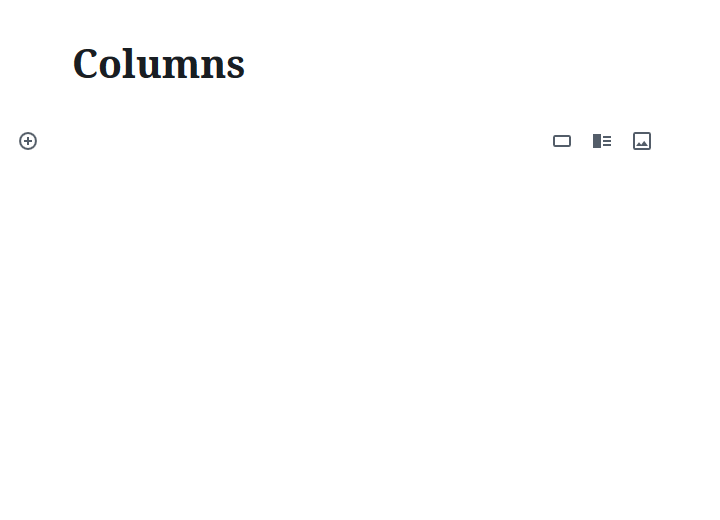
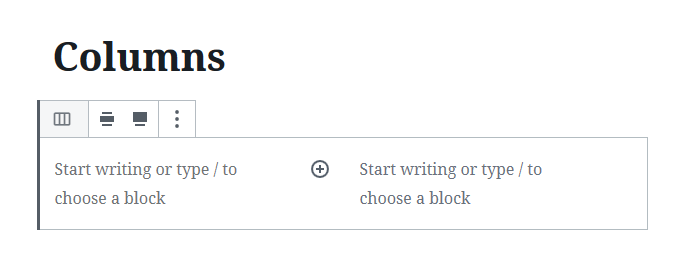
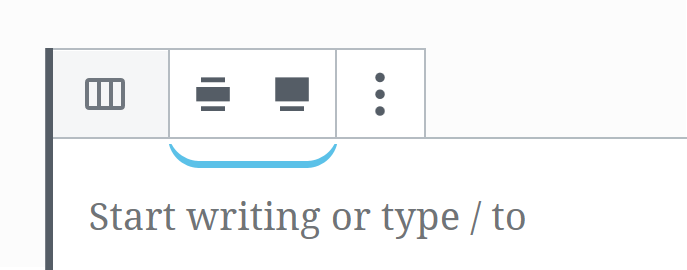
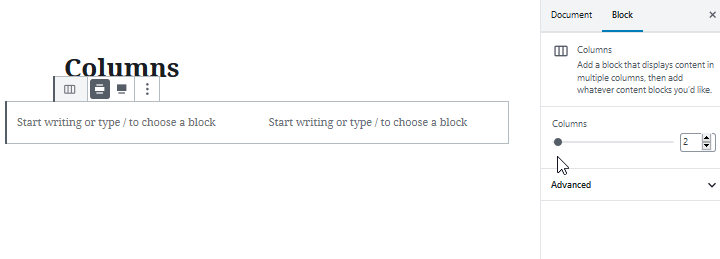
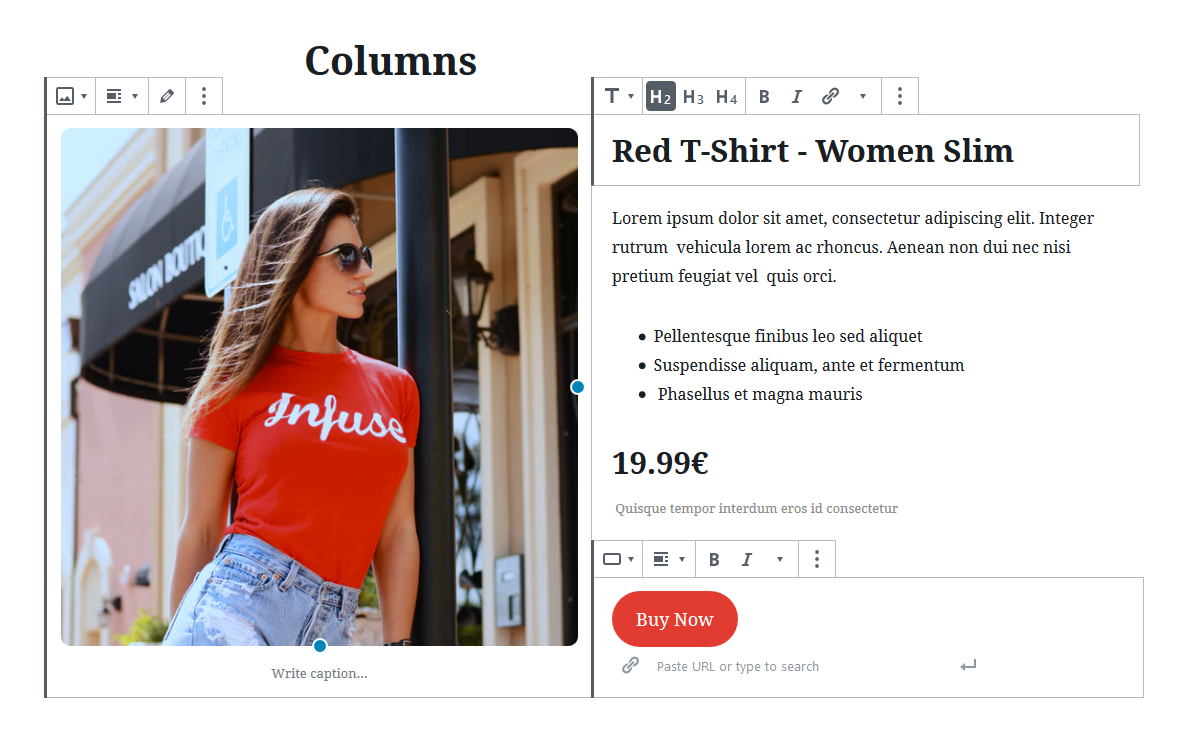
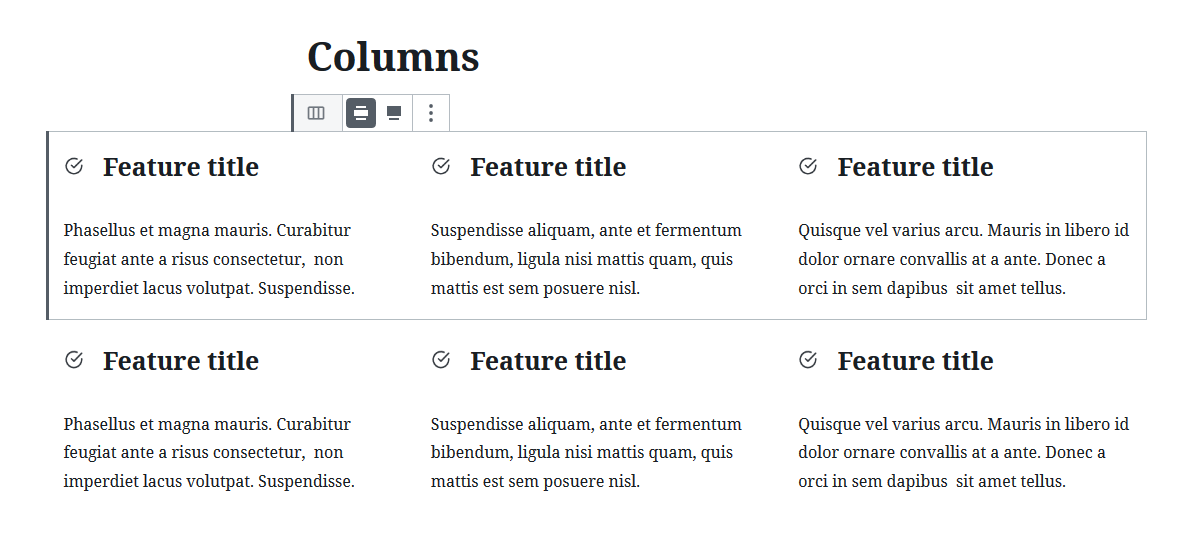
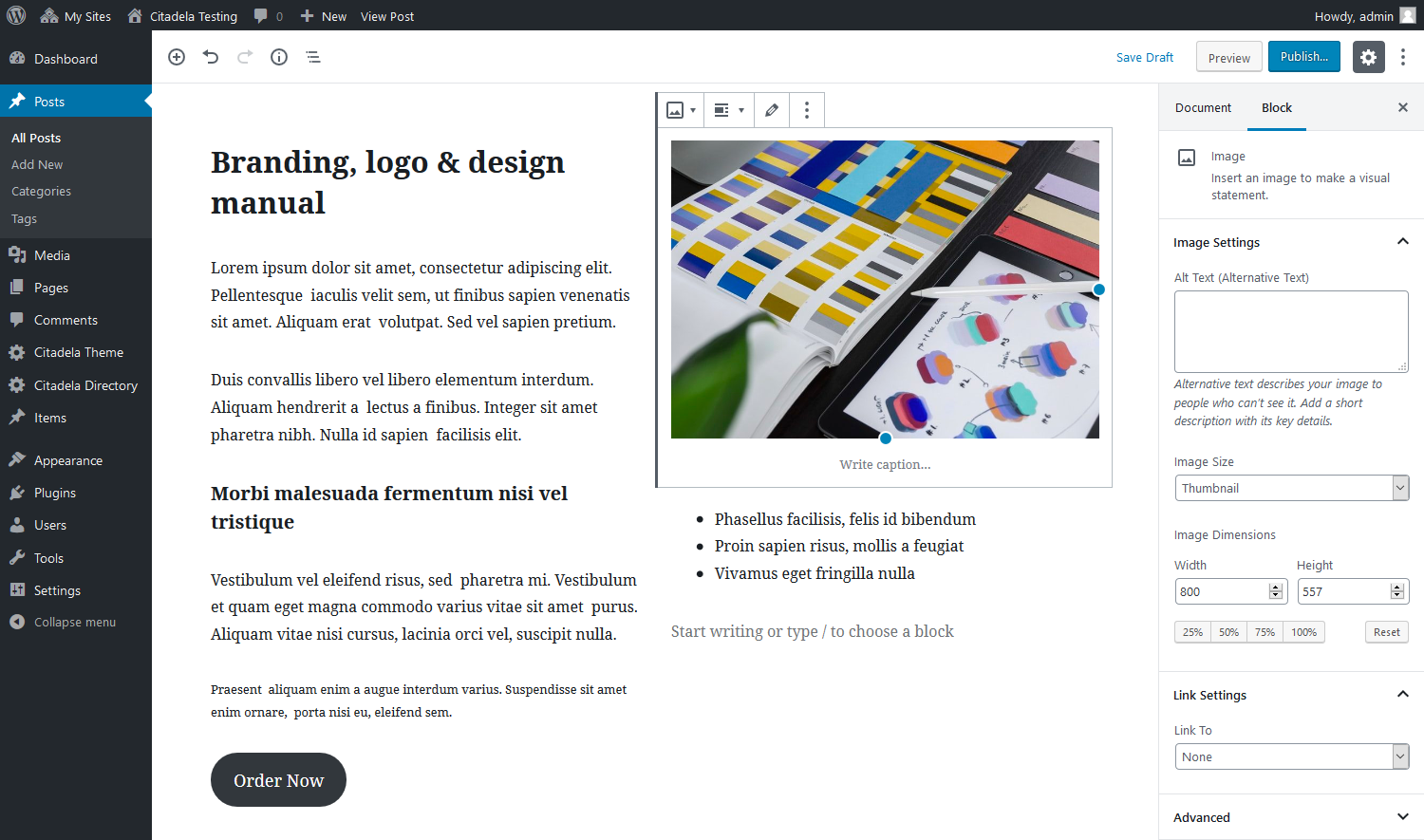
Kako lahko spremenim širino stolpcev?
Pozdravljeni, David,
hvala za pisanje. Aktivirati morate urejevalnik Gutenberg, ki ponuja možnost izbire posameznega stolpca, v stranski vrstici Nastavitve (desna stran) pa lahko prilagodite njegovo širino.
Lep pozdrav!
Zlatko
Ekipa AIT